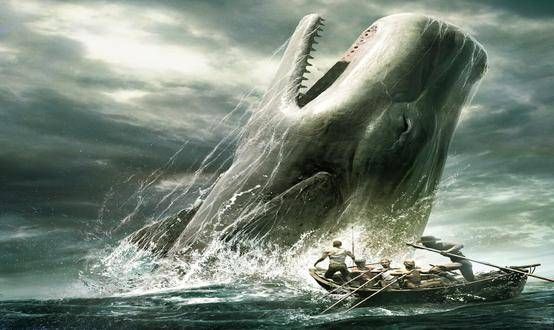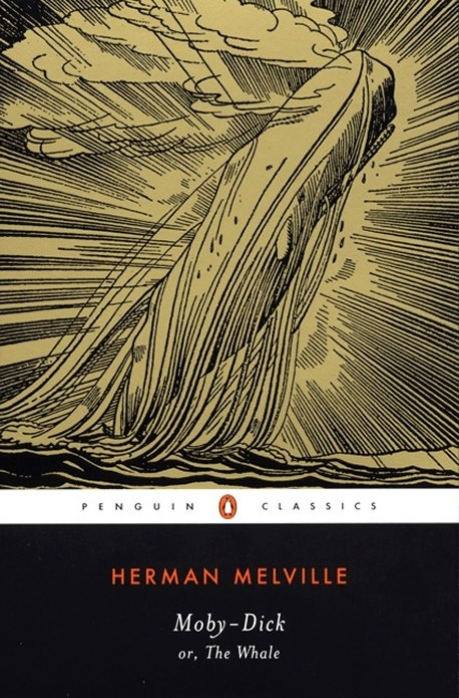
How Moby-Dick Has Not Changed My Life
This is a guest post from Christina M. Rau. Christina is the author of the sci-fi fem poetry collection, Liberating The Astronauts (Aqueduct Press, 2017), and the chapbooks WakeBreatheMove (Finishing Line Press, 2015) and For The Girls, I (Dancing Girl Press, 2014). Her poetry has appeared on gallery walls in The Ekphrastic Poster Show, on car magnets for The Living Poetry Project, and in various literary journals online and in print. In her non-writing life, she practices yoga occasionally and line dances on other occasions. www.christinamrau.com. Follow her on Twitter @christinamrau.
I have a confession to make. I am an academic. That means that I live and breathe collegiate English. That’s not the confession, though. The confession is this: although I’ve spent years reading and interpreting thousands of pages of literature hailing from around the world, spanning hundreds of centuries, I have never read Great Expectations. Or To Kill A Mockingbird. Or A Doll’s House. I’m not ashamed.
Before I entered the world of higher ed, I figured that all English professors strutted along hallways and across ivied campuses, pipe in one hand, open book in the other, spouting lines of Shakespeare. I worried that I couldn’t spout lines with conviction and I couldn’t instantaneously recognize lines other professors spouted the way I thought everyone in the department would:
“ ‘Do I dare eat a peach?’—Oh, that Eliot!”
“ ‘My own flesh and blood!’—Ahhh, Antigone!”
I worried that my strut wouldn’t be professorial enough.
Then I started teaching and realized that some of my students read books I’d never heard of. I’d read books they’d never heard of. We could start to share books with each other. And we could also talk about The Bad Girls Club and Pretty Little Liars because that imagined figure of an English professor is far from my reality of the profession.

Instead, I keep my Fitzgerald next to my Candice Bushnell. My Tess of the D’Urbervilles next to my Bridget Jones. I pride myself on an eclectic collection that mixes what might be found in the Literature section of the bookstore with what could be found in the YA section, like, you know, Harry Potter. For me, reading and getting others interested in reading is not about how challenging a book might be. It’s about what started this whole idea of books in the first place. Tell me a good story, and I’ll listen.














